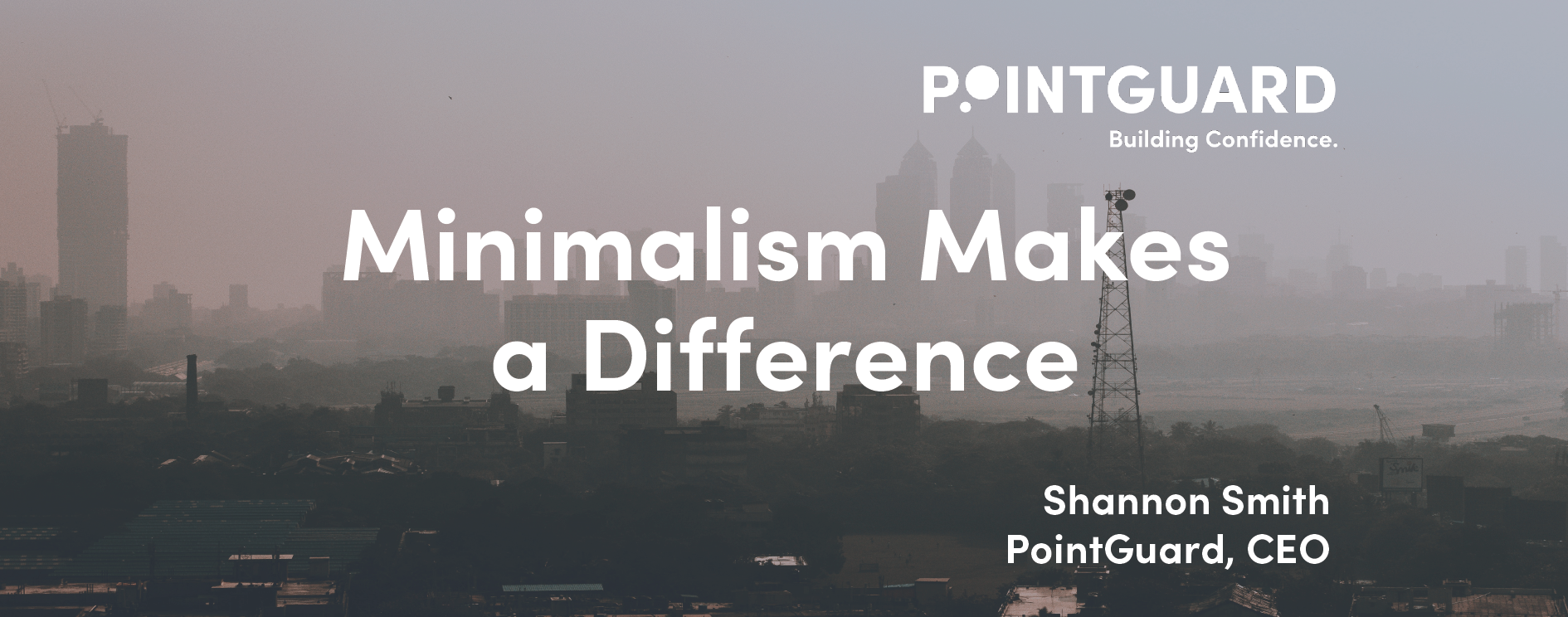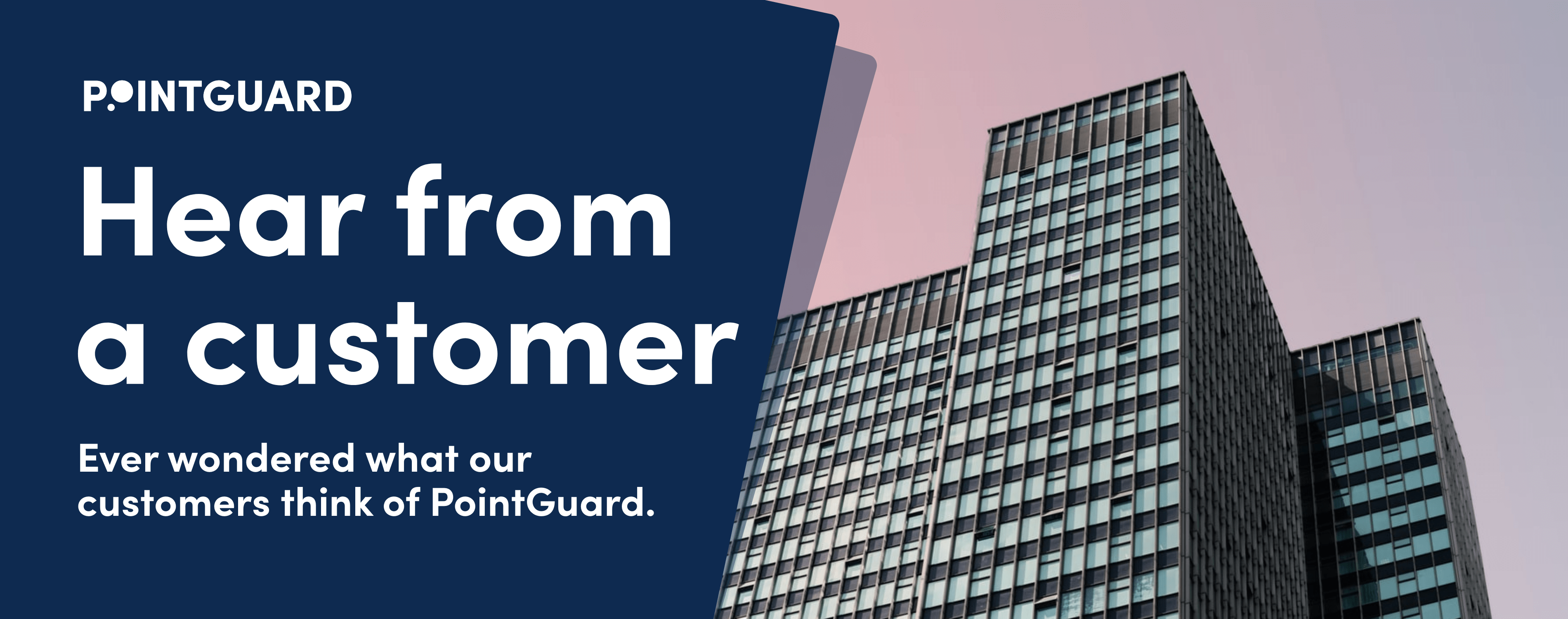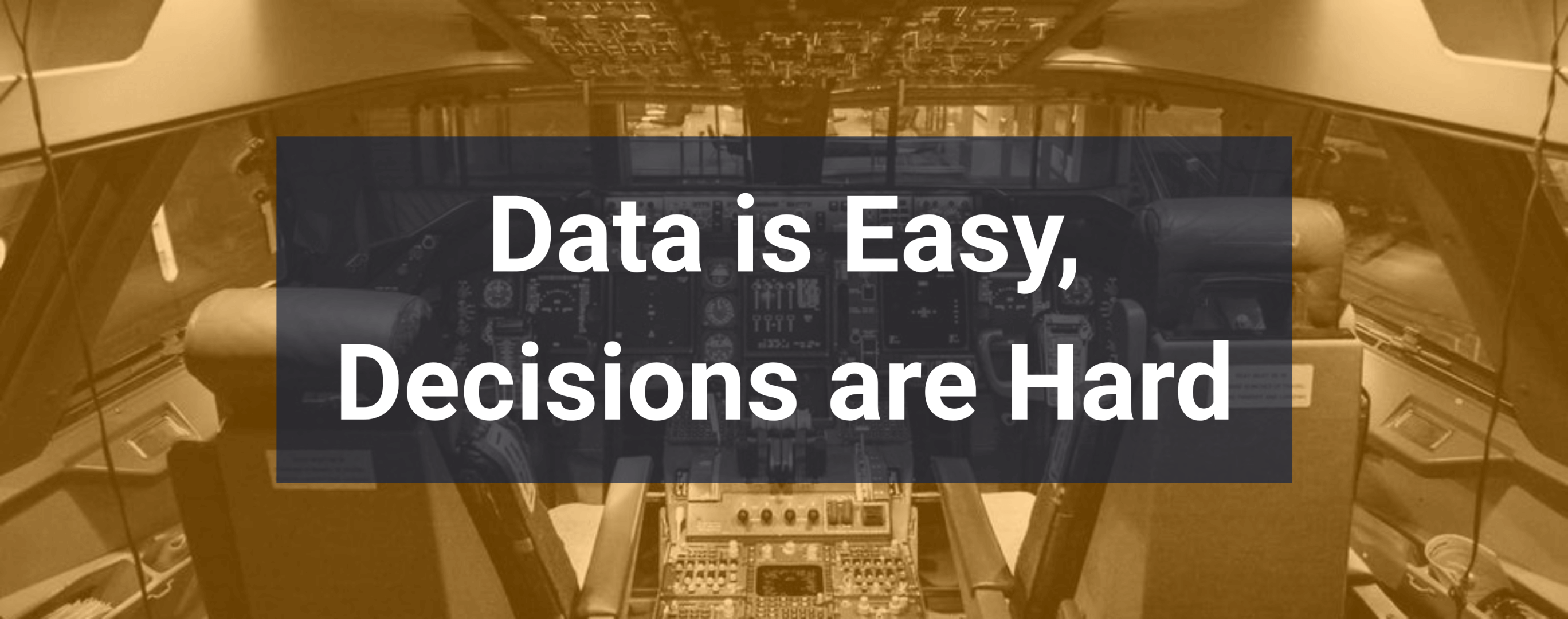Climate change has unfortunately become politicized, but there is no denying the positive impacts of people using less. The “minimalist” lifestyle, while trendy, is proven to be healthier for our minds and our bodies whether through meditation or less clutter in our homes to natural, simpler eating habits. These same ideas are merging into the business world through office design and remote work preferences, as wells as via the responsible use of our planet’s natural resources. Resource efficiency is a form of minimalism with lasting impact.
In 2019, over $10B of investment went into proptech but BlackRock’s CEO Larry Fink recently announced where they’re going to target next. “Awareness is rapidly changing, and I believe we are on the edge of a fundamental reshaping of finance. The evidence on climate risk is compelling investors to reassess core assumptions about modern finance.” He went on to say that all companies should think about their carbon footprint. We share this ideology; a foundational element of PointGuard’s mission is to reduce the carbon footprint of the built environment via higher-performing buildings.
Did you know in the U.S. 40% of national energy is used by buildings? According to the EPA, the average Energy Star certified building uses 35% percent less energy than similar buildings. In 2018, more than 8,100 commercial buildings earned the Energy Star certification, bringing the total to more than 34,000 buildings. These numbers hold a lot of power to impact the world for the better through more efficient usage and alternative sources; they’re also a driving factor toward the creation of smart cities. In fact, the city council of PointGuard’s hometown of Charlotte, NC recently approved a solar project that will generate 24% of its municipal electricity and is seen as a role model for other cities.
We know buildings aren’t built to save energy - their purpose is to create a positive “experience” for occupants, residents, etc. Owners and operators must support this purpose, while keeping operating and capital costs as low as possible. We believe the best chance for any measure to be sustainable is if it makes a profit for those who use it. The PointGuard platform does just that through building analytics.
Buildings create a massive quantity of performance data but without the proper analytics, the data remains scattered and meaningless. Data analytics for buildings need to be more than just software – it must be contextually accurate. It needs to ‘turn a wrench.” That is the only way something “good” happens in a building. There is no lack of innovative proptech companies in the commercial real estate industry but there is a lack of understanding. There has been an influx of players in the proptech space that might understand software platforms and how to make an app with a good user experience but users need more than a pretty UI to make a difference; they need it to get them to their goals.
How does efficiency happen for buildings? Efficiency is found through discovering faults in operations through equipment that isn’t working as it should. Widely known as monitoring-based retro-commissioning, efficiency is one of its goals, next to reducing capital expenditures and improving asset longevity. By maximizing the performance of assets, buildings run better and last longer - a concept very much on-trend and in line with minimalism. It also allows buildings to provide a better occupant experience that way.
While numbers can tell part of the story, the real power of data lies in the analysis when a large pool of data becomes a precise list of recommendations that are configured to the buildings and teams who work in them.
A founding partner in the US Dept of Energy’s Better Building Initiative started in 2011, Abundant Power Group and the PointGuard platform is successful in making a difference and has been doing it for years. PointGuard’s customers are saving over 100,000 metric tons of greenhouse gases annually while also reducing their energy expenditures in equal measure. When proven methodologies are combined with innovative software, the noise and confusion of performance data is put into a more useful and manageable perspective.
The expectation for sustainability is only going to grow and the time to get ahead on the carbon footprint of a building is now, not tomorrow. As Mr. Fink said, “As trillions of dollars shift to millennials over the next few decades, as they become C.E.O.s and C.I.O.s, as they become the policymakers and heads of state, they will further reshape the world’s approach to sustainability.”
Interested in what PointGuard can reveal for your building? We’ve always had the data to turn a wrench, but the same data can be used to save the planet. Request more information here and we’ll give you a call.












